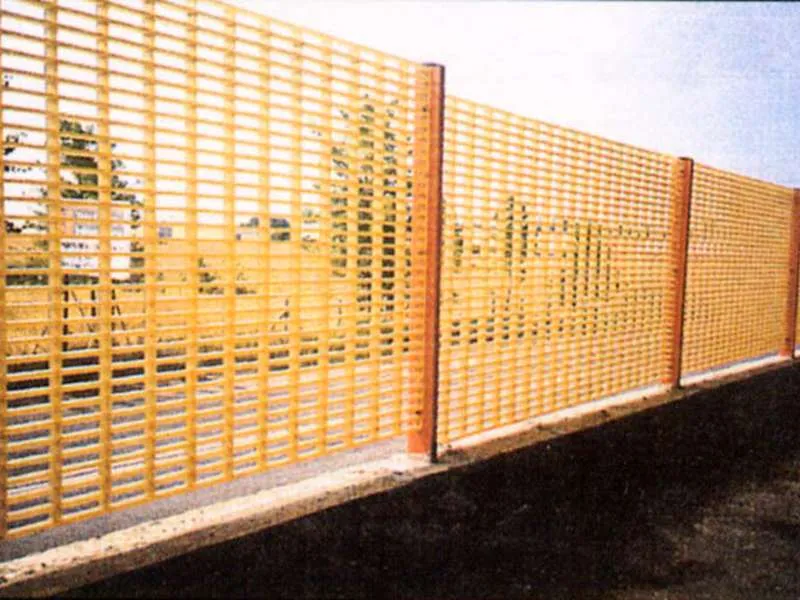
-
 Afrikaans
Afrikaans -
 Albanian
Albanian -
 Amharic
Amharic -
 Arabic
Arabic -
 Armenian
Armenian -
 Azerbaijani
Azerbaijani -
 Basque
Basque -
 Belarusian
Belarusian -
 Bengali
Bengali -
 Bosnian
Bosnian -
 Bulgarian
Bulgarian -
 Catalan
Catalan -
 Cebuano
Cebuano -
 China
China -
 China (Taiwan)
China (Taiwan) -
 Corsican
Corsican -
 Croatian
Croatian -
 Czech
Czech -
 Danish
Danish -
 Dutch
Dutch -
 English
English -
 Esperanto
Esperanto -
 Estonian
Estonian -
 Finnish
Finnish -
 French
French -
 Frisian
Frisian -
 Galician
Galician -
 Georgian
Georgian -
 German
German -
 Greek
Greek -
 Gujarati
Gujarati -
 Haitian Creole
Haitian Creole -
 hausa
hausa -
 hawaiian
hawaiian -
 Hebrew
Hebrew -
 Hindi
Hindi -
 Miao
Miao -
 Hungarian
Hungarian -
 Icelandic
Icelandic -
 igbo
igbo -
 Indonesian
Indonesian -
 irish
irish -
 Italian
Italian -
 Japanese
Japanese -
 Javanese
Javanese -
 Kannada
Kannada -
 kazakh
kazakh -
 Khmer
Khmer -
 Rwandese
Rwandese -
 Korean
Korean -
 Kurdish
Kurdish -
 Kyrgyz
Kyrgyz -
 Lao
Lao -
 Latin
Latin -
 Latvian
Latvian -
 Lithuanian
Lithuanian -
 Luxembourgish
Luxembourgish -
 Macedonian
Macedonian -
 Malgashi
Malgashi -
 Malay
Malay -
 Malayalam
Malayalam -
 Maltese
Maltese -
 Maori
Maori -
 Marathi
Marathi -
 Mongolian
Mongolian -
 Myanmar
Myanmar -
 Nepali
Nepali -
 Norwegian
Norwegian -
 Norwegian
Norwegian -
 Occitan
Occitan -
 Pashto
Pashto -
 Persian
Persian -
 Polish
Polish -
 Portuguese
Portuguese -
 Punjabi
Punjabi -
 Romanian
Romanian -
 Russian
Russian -
 Samoan
Samoan -
 Scottish Gaelic
Scottish Gaelic -
 Serbian
Serbian -
 Sesotho
Sesotho -
 Shona
Shona -
 Sindhi
Sindhi -
 Sinhala
Sinhala -
 Slovak
Slovak -
 Slovenian
Slovenian -
 Somali
Somali -
 Spanish
Spanish -
 Sundanese
Sundanese -
 Swahili
Swahili -
 Swedish
Swedish -
 Tagalog
Tagalog -
 Tajik
Tajik -
 Tamil
Tamil -
 Tatar
Tatar -
 Telugu
Telugu -
 Thai
Thai -
 Turkish
Turkish -
 Turkmen
Turkmen -
 Ukrainian
Ukrainian -
 Urdu
Urdu -
 Uighur
Uighur -
 Uzbek
Uzbek -
 Vietnamese
Vietnamese -
 Welsh
Welsh -
 Bantu
Bantu -
 Yiddish
Yiddish -
 Yoruba
Yoruba -
 Zulu
Zulu
fiberglass food grade equipment a closer look at its features and ...
A Closer Look at Fiberglass Food Grade Equipment Features and Benefits
In the food processing industry, the choice of materials used for equipment can profoundly impact product quality, safety, and operational efficiency. One such material that has gained traction is fiberglass, particularly food-grade fiberglass. This article delves into the unique features and benefits of fiberglass food-grade equipment, illustrating why it is an excellent choice for food manufacturers.
Durability and Strength One of the standout features of fiberglass is its remarkable durability. Fiberglass food-grade equipment is designed to withstand harsh environments, including extreme temperatures and chemicals that are often used in food processing. This robustness ensures longevity, reducing the need for frequent replacements and maintenance. For food manufacturers, investing in durable equipment can lead to substantial cost savings over time.
Lightweight Nature Unlike traditional materials such as stainless steel, fiberglass is considerably lighter. This attribute not only makes installation and relocation of equipment easier but also reduces transportation costs. Lightweight equipment can significantly streamline operations in busy manufacturing settings, where efficiency is paramount.
fiberglass food grade equipment a closer look at its features and ...

Corrosion Resistance Fiberglass is inherently resistant to corrosion, making it an ideal material for handling a variety of food products and substances. This feature is particularly crucial in environments where moisture and cleaning agents are prevalent. By using fiberglass food-grade equipment, manufacturers can minimize the risk of equipment degradation and contamination, thus ensuring the safety and quality of food products.
Hygienic Properties In food processing, hygiene is non-negotiable. Fiberglass equipment can be manufactured with smooth surfaces that reduce the risk of bacterial growth and are easy to clean. Many fiberglass products are designed to be non-porous, further enhancing their hygienic qualities. Compliance with health and safety standards is simplified, giving manufacturers peace of mind.
Customizability Fiberglass is an extremely versatile material that can be molded into various shapes and sizes. This flexibility allows manufacturers to create custom solutions tailored to specific processing needs without sacrificing quality or performance. Whether it’s tanks, trays, or conveyor systems, fiberglass can meet the diverse demands of the food industry.
Conclusion In conclusion, fiberglass food-grade equipment offers numerous advantages that make it a compelling choice for food manufacturers. Its durability, lightweight nature, corrosion resistance, hygienic properties, and customizability combine to create a reliable and efficient solution for food processing challenges. As industries evolve and the demand for high-quality, safe food products rises, fiberglass equipment will likely play an increasingly vital role.
Latest news
-
Exploring the Benefits of Top Hammer Drifter Rods for Enhanced Drilling PerformanceNewsJun.10,2025
-
High-Precision Fiberglass Winding Machine for GRP/FRP Pipe Production – Reliable & Efficient SolutionsNewsJun.10,2025
-
FRP Pipes & Fittings for Shipbuilding - Corrosion-Resistant & LightweightNewsJun.09,2025
-
Premium FRP Flooring Solutions Durable & Slip-ResistantNewsJun.09,2025
-
Premium Fiberglass Rectangular Tanks Durable & Lightweight SolutionNewsJun.09,2025
-
Tapered Drill String Design Guide Durable Performance & UsesNewsJun.09,2025









